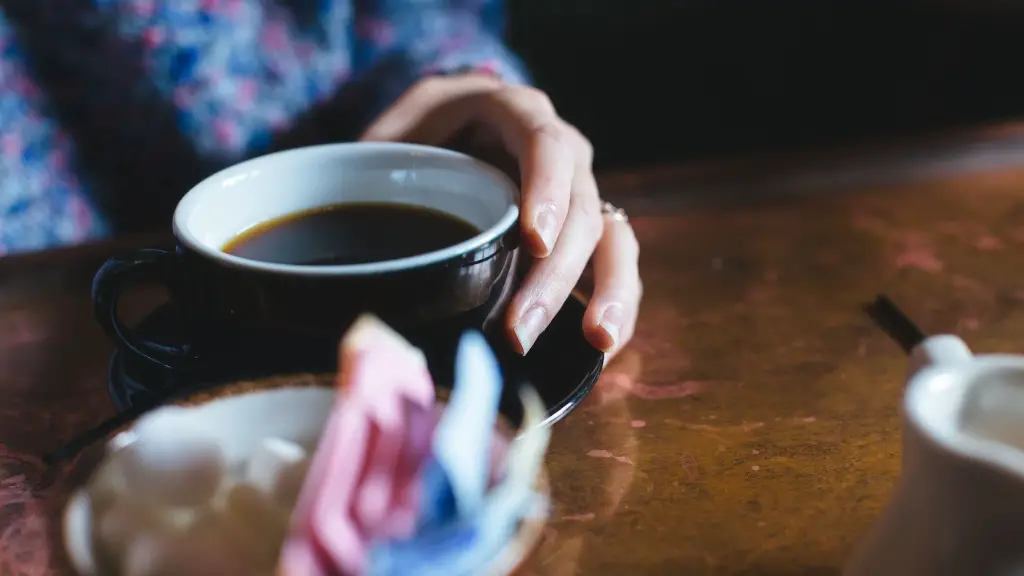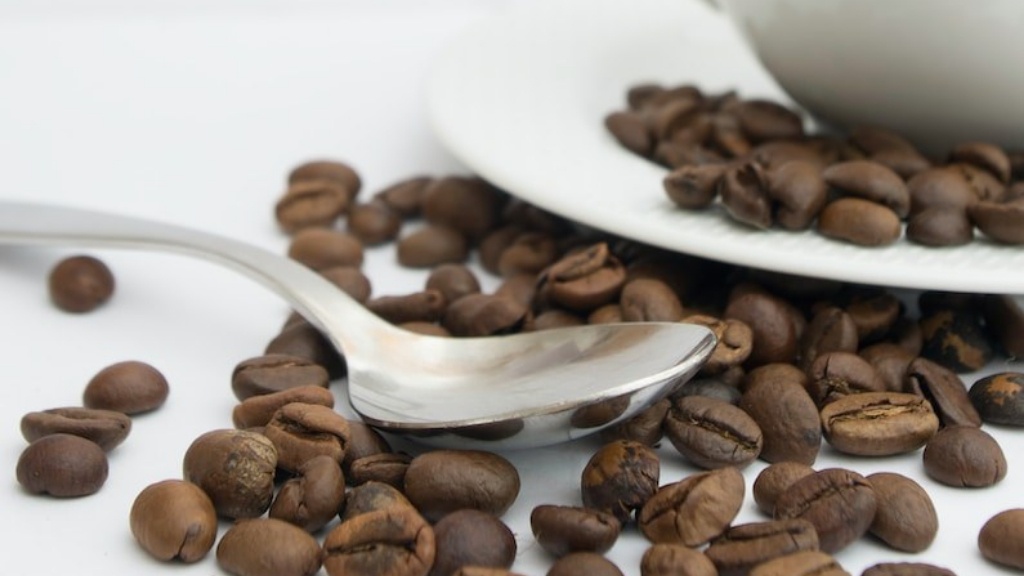The Need to Remain Caffeine-Free During Pregnancy
When expecting a baby, pregnant women start making several changes to their lifestyle, diet and daily habits. Some of these changes are for their own emotional and physical wellbeing, some for that of their unborn child. One of the most common questions that women ask during pregnancy is whether it is okay to drink decaf coffee.
Caffeine is commonly found in coffee, tea, chocolate and some sodas. Caffeine is a stimulant and can affect the heart, central nervous system, and hormones. When consumed in large amounts, there is potential for it to harm the health of both a pregnant mother and her baby. So what are the risks of consuming decaf coffee?
Is Decaf Coffee Really Caffeine-free?
Decaf coffee is not entirely caffeine-free, as it would have roughly 3 to 12 milligrams of caffeine per 8-ounce cup, which is significantly less than what regular coffee contains (96 milligrams). However, since every cup of decaf is unique and might contain significantly different amounts of caffeine, it is often advised to avoid it while pregnant.
According to Dr Deepa Verma, a gynecologist with the Women’s Center at the Mayo Clinic, “The safest option would be to avoid drinking decaffeinated coffee or any other form of caffeine during pregnancy.”
Facts About Caffeine and Pregnancy
The American College of Obstetricians and Gynecologists states that pregnant women should consume no more than 200 milligrams of caffeine a day. This is roughly the amount in one 12-ounce cup of regular coffee. In addition to decaf, other sources of caffeine, such as tea, energy drinks, chocolate, and certain types of soda, should also be avoided in large doses.
Caffeine and Fertility
A woman’s caffeine intake can have a direct effect on her ability to conceive. Studies have shown that even low levels of caffeine can reduce a person’s fertility by as much as 27%. Excessive caffeine intake can also increase the chances of miscarriage and other fertility issues.
Decaf Coffee, Sleep, and Stress
Sleep is important for pregnant women and is essential for both their physical and mental health. However, drinking decaf coffee, since it contains no caffeine, may distract the woman from feeling fully relaxed and easily falling asleep.
The same concept applies to stress. Since caffeine is a stimulant, it is associated with increased alertness and energy- something that can be beneficial at times, but can be detrimental when it comes to managing stress.
Effects of Decaffeination Process
The decaffeination process also adds another layer of concern as some of these processes involve using chemicals such as methylene chloride or ethyl acetate for decaffeination. These chemicals have been linked to some serious health risks.
Decision Making
In the end, whether or not to consume decaf coffee while pregnant is a highly personal decision. Some may find the small amount of caffeine in decaf to be tolerable, while others may opt for herbal teas or water instead.
Alternatives to Coffee When Pregnant
One of the easiest alternatives to coffee is to turn to herbal teas. Herbal teas such as chamomile, ginger, or mint tea can all provide flavor and antioxidants and are caffeine-free. Water is also a great way to stay hydrated while pregnant, and it can often be flavored with fresh fruits or vegetables to add a twist of flavor.
Mindful Eating and Portion Control
It’s important to remember that caffeine is not the only thing to be mindful of when pregnant. Eating nutritious foods and controlling portion sizes when eating out at restaurants is essential for maintaining a healthy pregnancy. Pregnant women should focus on eating fresh fruits, vegetables, lean proteins, and whole grains to ensure their and their baby’s health.
Benefits and Risks: Pros and Cons of Drinking Decaf During Pregnancy
The risks of caffeine in decaf coffee are relatively low, but women should still be aware of the potential effects it can have. Decaf coffee can be beneficial in providing a calming effect and can be a great way to relax and socialize with friends while pregnant. However, the potential harm posed by the caffeine and other chemicals in decaf coffee may outweigh this benefit.
Therefore, making an informed decision on whether or not to drink decaf coffee while pregnant should come down to assessing the potential risks and benefits. Women must weigh their own personal health and comfort with the potential risks associated with consuming decaf coffee.


